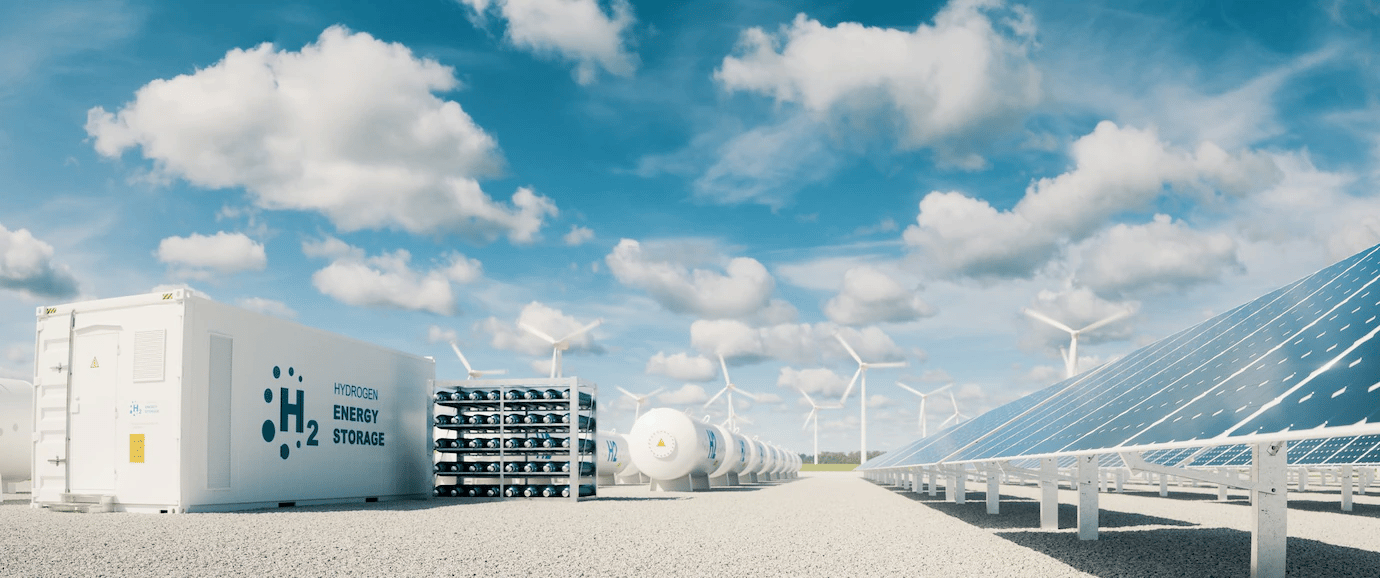U.S. Energy Department Announces $2.2 Billion for Gulf Coast and Midwest Hydrogen Hubs

The U.S. Energy Department on Nov. 20 awarded up to $2.2 billion for Gulf Coast H2Hub and Midwest H2Hub to expand regional clean hydrogen production, delivery, storage, and consumption. HyVelocity which leads the Gulf Coast Hydrogen Hub is set to receive up to $1.2 billion, while the Midwest Alliance for Clean Hydrogen (MachH2) which leads the Midwest Hydrogen Hub is set to receive up to $1 billion. The funding will support the growth of the domestic hydrogen industry including production, storage, delivery, and end-use, in two of the most critical regions in the country.
The two selected hydrogen hubs are a part of the department’s nationwide H2Hubs program, which currently has seven hydrogen hubs in key regions across the U.S. The funding for the program is possible through provisions in the 2021 Infrastructure Investment and Jobs Act, which allocated $9.5 billion for clean hydrogen initiatives. The department also awarded three other hydrogen hubs, the Appalachian Hydrogen Hub (ARCH2), California Hydrogen Hub (ARCHES), and the Pacific Northwest Hydrogen Hub (PNWH2), bringing the total awarded amount to over $5 billion.
The Gulf Coast hydrogen hub, primarily located in Texas, will utilize the funding for large-scale clean hydrogen production using electrolysis combined with renewable energy and natural gas combined with carbon capture technology to lower carbon emissions. The hub will focus on reducing the cost of producing hydrogen, a key barrier to expanding the hydrogen economy in Texas. The hub will serve carbon-intensive industries such as heavy-duty transport, refining, and petrochemical production. With these end-uses, the hydrogen hub could reduce up to 7 million metric tons of carbon emissions annually.
The Midwest Hydrogen Hub is primarily located in the states of Illinois, Indiana, Iowa, and Michigan, which form a key industrial region and transportation corridor. The hub will target industries such as heavy-duty transport, steel, glass, and refining. The hub could reduce around 3.9 million metric tons annually, translating to eliminating around 867,000 gasoline powered cars.
In addition to key hydrogen hubs, project developers can also utilize Clean Hydrogen Production Tax Credits included in the 2021 Inflation Reduction Act, to bring down the cost of producing hydrogen. The tax credit creates a 10-year incentive for clean hydrogen of up to $3.00/kilogram.
EnerKnol Pulses like this one are powered by the EnerKnol Platform—the first comprehensive database for real-time energy policy tracking. Sign up for a free trial below for access to key regulatory data and deep industry insights across the energy spectrum.
ACCESS FREE TRIAL


